Cloud Storage is a digital solution for storing and managing data in remote servers, allowing immediate access and scalability. It aids businesses in managing vast amounts of information without needing physical storage infrastructure.
This technology enables on-demand availability and management of data, offering flexibility and savings on hardware costs. Cloud Storage is integral for business continuity planning and disaster recovery strategies, providing secure backup and data retrieval options. The pay-as-you-go model lets organizations scale their storage needs according to business growth or cyclic demand.
What are the critical features of Cloud Storage?Cloud Storage solutions are valuable in industries like healthcare, finance, and media where data volume is immense, enabling efficient storage, compliance with regulations, and rapid data retrieval. These industries benefit from enhanced collaboration, faster analytics, and secure patient or customer data management.
Organizations use Cloud Storage to eliminate data management complexity and improve access to information. As digital transformation becomes a priority, this technology helps businesses innovate and respond quickly to dynamic market conditions, ensuring data is a strategic asset rather than an operational burden.
| Product | Market Share (%) |
|---|---|
| Dropbox Business - Enterprise | 7.7% |
| NetApp Cloud Volumes ONTAP | 7.0% |
| Nasuni | 5.0% |
| Other | 80.3% |




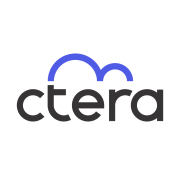













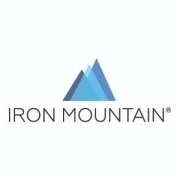















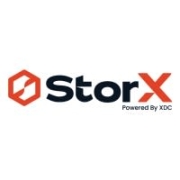
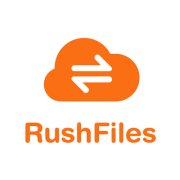















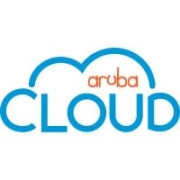










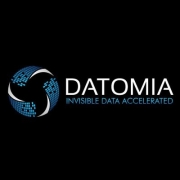










Optimizing costs with Cloud Storage involves selecting the right storage tier for your data based on access frequency. Use object lifecycle policies to automate data movement between tiers. Compress data and regularly delete old or unused files. Monitor usage with analytics tools to identify excess spend and review pricing models offered by providers to find the most cost-effective plan for your needs.
What security measures should I implement in Cloud Storage?Implementing security in Cloud Storage starts with encryption both at rest and in transit. Use strong access controls and audit logs to track access and changes. Employ identity and access management (IAM) configurations to control who can view or modify data. Enable versioning in case of accidental deletions or changes. Regularly review permissions and conduct security audits to keep data secure.
How do I choose the right Cloud Storage provider?Choosing the right Cloud Storage provider means evaluating your performance, security, and compliance needs. Consider providers' service level agreements (SLAs), data redundancy, and availability zones. Check for certifications and compliance with industry standards like GDPR or HIPAA. Test the integration capabilities with your existing systems and review user feedback and ratings for insights into reliability and customer support.
What are the benefits of Cloud Storage for businesses?Cloud Storage offers businesses scalability and flexibility in data management. It reduces costs associated with maintaining physical storage infrastructure and improves accessibility for remote teams. Data is backed up in multiple locations, enhancing disaster recovery capabilities. Cloud providers often include analytical tools to help derive insights from your stored data, facilitating informed decision-making.
How can I ensure data integrity in Cloud Storage?Ensuring data integrity in Cloud Storage involves using hash functions and checksums to validate data accuracy. Regularly back up data and configure data replication across multiple geographic locations. Implement version control to track changes and roll back to previous versions if needed. Work with providers offering strong data validation processes and stay informed about service status and potential data loss incidents.